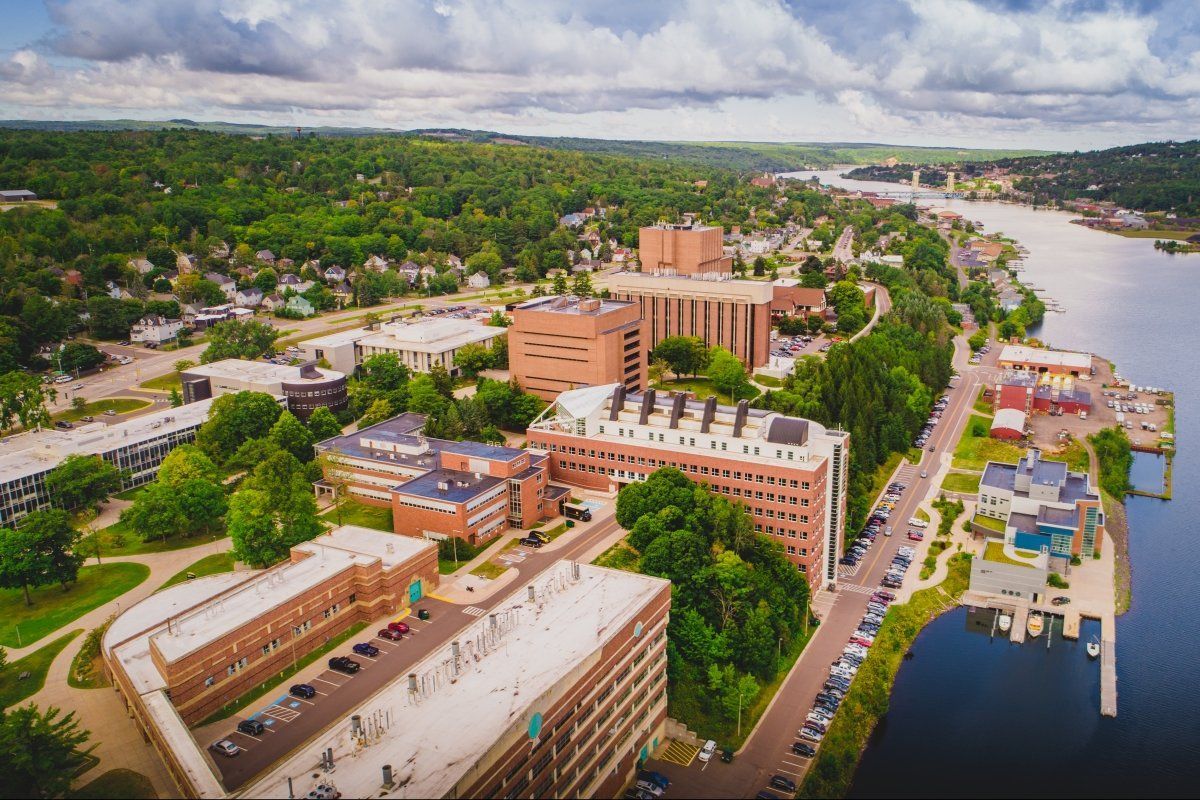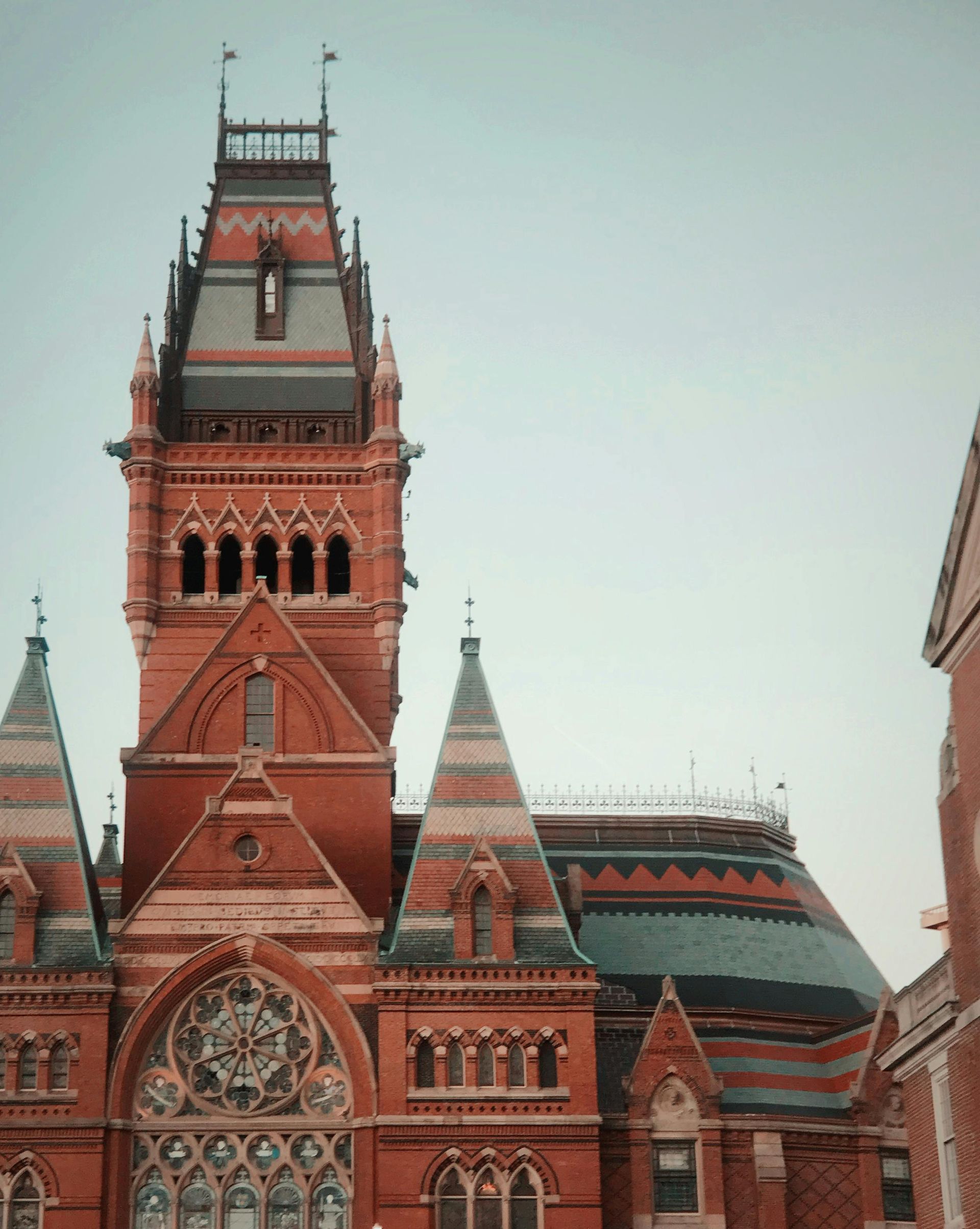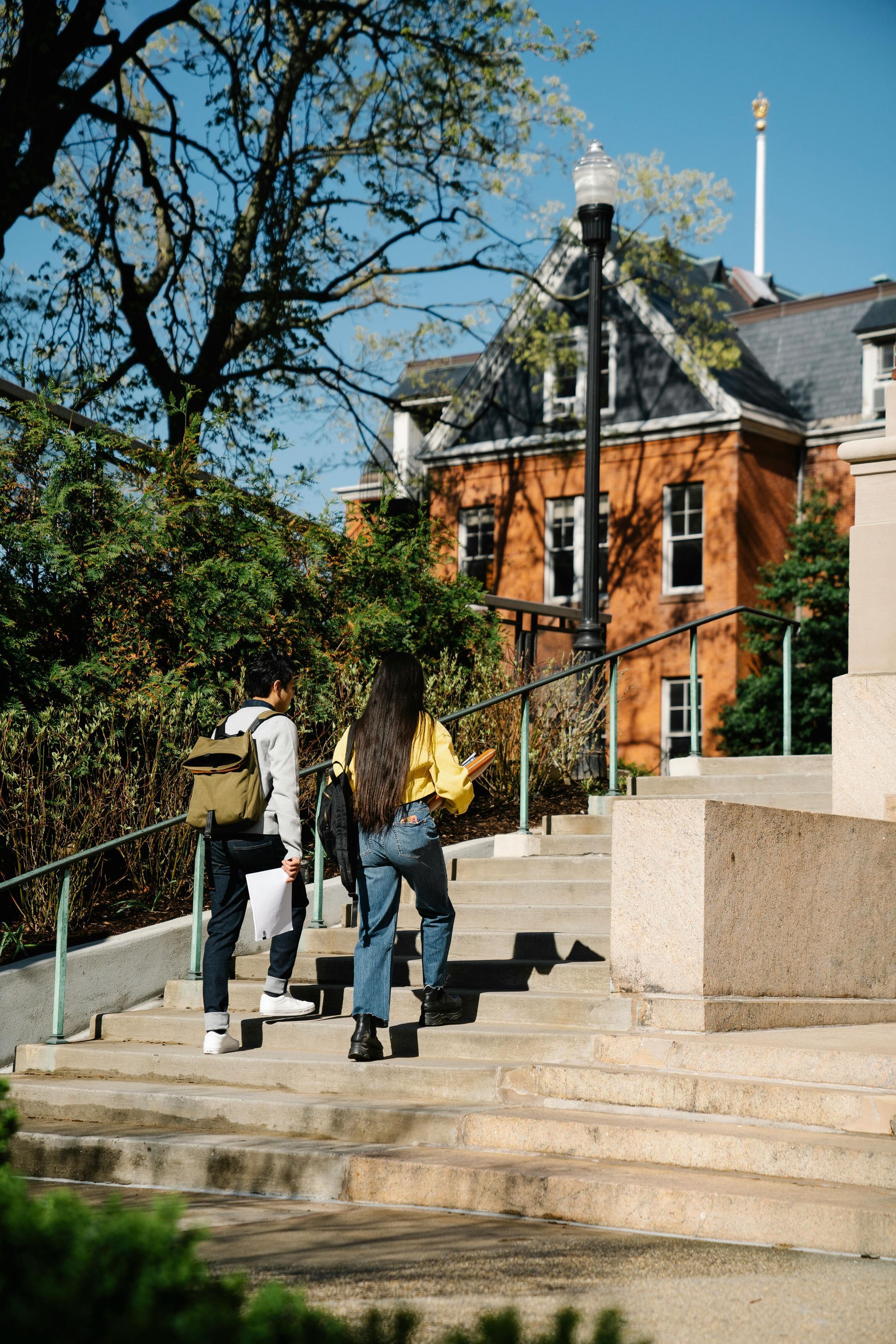Critical Race Theory Is an Inversion of History
Tribalism and racism were universal until Britons and Americans developed a new way of thinking.
By John Ellis
Wall Street Journal
January 5, 2025
It’s a tribute of sorts to critical race theory’s success that the Trump administration will make its eradication a priority. The Biden administration had quietly implemented policies throughout the federal government based on this theory, and it is being taught in colleges and schools throughout the country. It has overrun much of the corporate world, and it has even secured a place in the training of many professions. The accusations made in closed training sessions are astonishingly venomous: Arrogant white supremacy is ubiquitous; white rage results when that supremacy is challenged; whites hold money and power because they stole it from other races; systemic racism and capitalism keep the injustices going.
All of this is based on categorically false assumptions about the past. We need only look at how the modern idea of our common humanity originated and developed to see that critical race theory has everything backward. A realistic history tells us that the thinkers and engineers of the Anglosphere, principally England and the U.S., are the heroes, not the villains, of this story, while the rest were laggards, not leaders.
For most of recorded history, neighboring peoples regarded each other with apprehension if not outright fear and loathing. Tribal and racial attitudes were universal. That’s a long way from the orthodoxy of our own time, which holds that we are all one human family. Before that consensus arose, a charge of racism made no sense. By today’s standards, everyone was racist.
It’s not hard to understand why tribalism once reigned everywhere. Without modern transportation and communication, most people knew nothing about other societies. What contact there was between different peoples often involved warfare, and that made everyone fear strangers. The insecurity of life in earlier times added to this anxiety. Protections we now enjoy didn’t exist: policing, banking, competent medical care, social safety nets. The supply of food was uncertain before trucks and refrigeration. In a dangerous world people clung to their own kind for safety, and that was a natural and even necessary attitude.
How did we get from this mindset to the idea of a common humanity? The practical impediments to the world’s peoples getting to know and eventually respect each other were largely removed by British and American engineers. They invented the steam engine, then used it to develop the first railways. They followed this by inventing and mass-producing cars, trucks and finally airplanes. They pioneered radio, television, films, newspapers and the internet. The result was that ignorance of other peoples was turned around.
But in the 18th century the British did something even more important: They began to develop our modern outlook on race.
Why Britain? Liberalizing political developments beginning with the Magna Carta and the first representative Parliament, called by Simon de Montfort, fostered greater liberty for the British subject. Liberty led to increasing prosperity, and prosperity to a rapid increase in literacy. Widespread literacy created the first large reading public: By the beginning of the 18th century, dozens of newspapers and periodicals were being published in Britain. An extensive reading public allowed public opinion to become a powerful force, and that set the stage for manifestos and petitions, even campaigns about matters that offended the public’s conscience.
A series of British writers began to promote ideas about the conduct of life and the role of government. Among the most important was John Locke, who argued that every human life had its own rationale, none being created for the use of another. Another was David Hume, who wrote that all men are nearly equal “in their mental power and faculties, till cultivated by education.” These and many others were launching what would become the modern consensus that we are all one human family. The idea gained ground so quickly that in Britain, and there alone, a powerful campaign to abolish slavery arose. By the end of the 18th century that campaign was leading to prohibitions in many parts of the Anglosphere, while Africa and Asia remained as tribalist and racist as ever.
As this idea took hold it made the British see their empire differently. Like other European countries, Britain had initially sought empire to strengthen its position in the world—others would add territory if Britain didn’t, and Britain would be weakened. But if the peoples of the British Empire were one human family, how could some be subordinate to others? The British began to consider themselves responsible for the welfare and development of their subject peoples, and for giving them competent administration before they had learned to provide it themselves. That change inevitably led to the dissolution of empire, and to a consensus that the time for empires (of which there had been hundreds) was over. The world’s most influential anti-imperialists were British.
The idea of a common humanity spread across the globe as the power and influence of the Anglosphere grew. First, this new ideology spread throughout the quarter of the globe’s peoples that were in the British Empire, where different races were learning to live and work together. Next, the Anglosphere’s cultural influence went worldwide as Britain’s industrial revolution set off a culture of innovation that resulted in a universal civilization—that is, modernity. As that way of life spread throughout the world, it carried with it the idea of a common humanity.
There’s a simple explanation for what critical race theory calls “white privilege.” Because the Anglosphere developed prosperous modernity and gave it to the world, English-speakers were naturally the first to enjoy it. People initially outside that culture of innovation are still catching up. Asians and Asian-Americans have done this with great success, but critical race theory impedes the progress of other groups by persuading them to demonize the people who created the modern values they have adopted. It betrays those values by stoking racial hatred. Critical race theory tells us that all was racial harmony until racist Europeans disturbed it, but the truth is rather that all was tribal hostility until the Anglosphere rescued us.
Mr. Ellis is a professor emeritus of German literature at the University of California, Santa Cruz, and author, most recently, of “A Short History of Relations Between Peoples: How the World Began to Move Beyond Tribalism.”
https://www.wsj.com/opinion/critical-race-theory-is-an-inversion-of-history-tribalism-racism-empire-slavery-6334d784?st=oMSHMv&reflink=article_email_share



